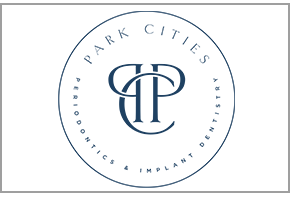Since you usually only visit the dentist twice a year, it’s important to know the warning signs of oral cancer to get immediate help.
Red or White Patch
Early stages of oral cancer usually present with a painless red or white patch in your mouth or a sore that won’t heal after two weeks.
It often appears on the gums, mouth lining or tonsils and can look like a small, round white spot surrounded by a red, inflamed area. The sore is typically thicker and harder than a canker sore and can bleed easily.
Swelling in Neck or Cheek
Another sign of oral cancer is swelling in the neck or a lump in the cheek. In addition, many people experience a feeling of something being stuck in their throat.
Bad Breath
Persistent bad breath, or halitosis, can be a symptom of oral cancer. After outgrowing its blood supply, a tumor forms an ulcer that can become infected with bacteria.
The bacteria produces foul gasses that daily brushing can’t eliminate. So you should see your dentist if you have constant bad breath for more than two and a half weeks.
Pain
As oral cancer progresses, you will most likely have pain in your jaw, throat, tongue, or ear. Growths on the tongue can be extremely painful. You may have pain while swallowing as well. Ear pain, if it’s only on one side, can also indicate trouble in the oral region due to the location of the nerves.
Numbness
If the tumor is big enough, it can damage nerves in your mouth and make areas go numb. Usually, this comes after you’ve had pain for weeks or even months.
Conclusion
Oral cancer is a genuine health concern affecting thousands of adults yearly. Since early diagnosis and treatment are critical, knowing the warning signs of oral cancer and when to visit the dentist is important. For example, don’t hesitate to get a professional examination if you have sores that don’t heal, persistent bad breath, or continual pain in your mouth.
Find more information about oral cancer and screenings here!
